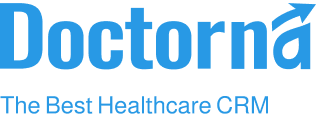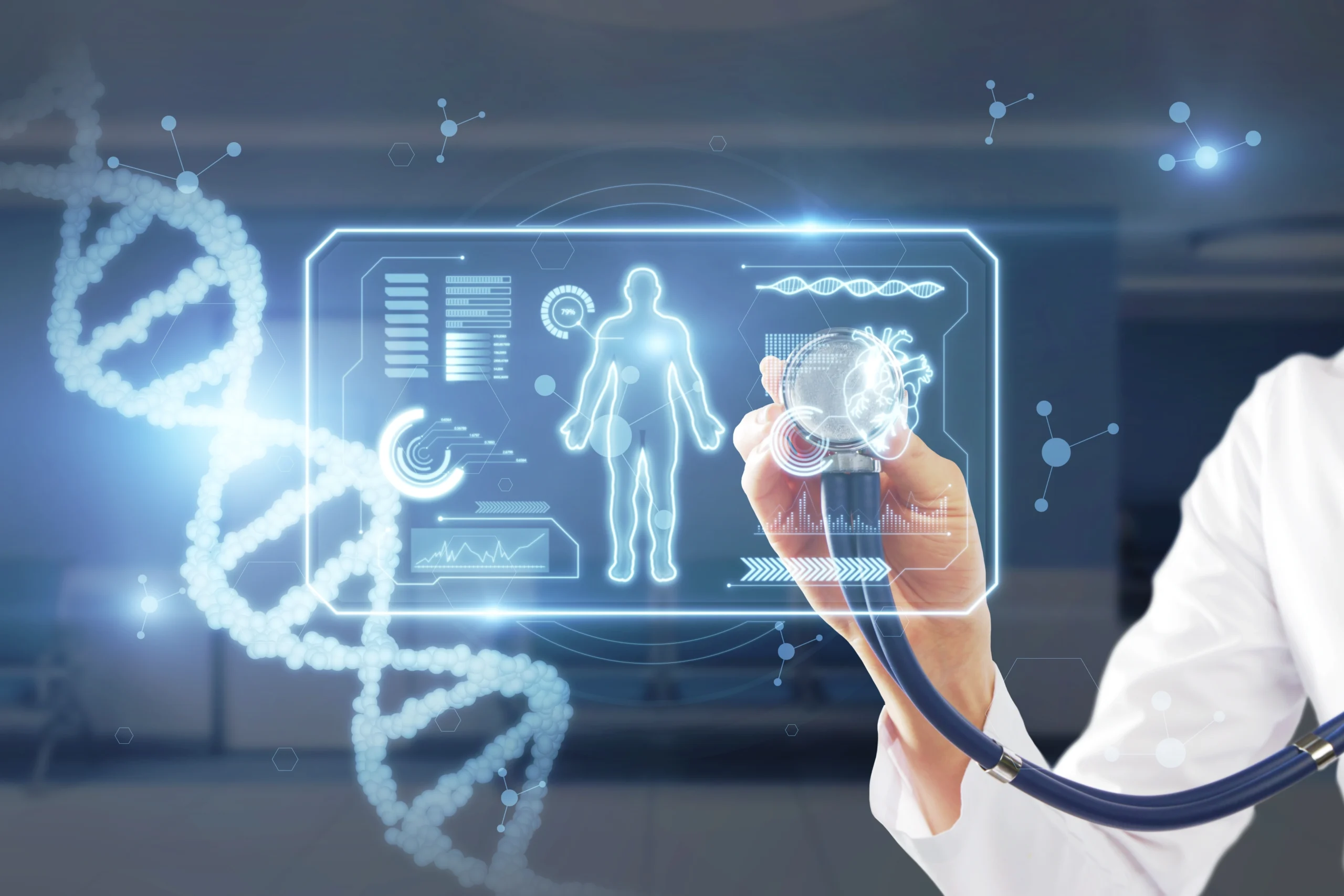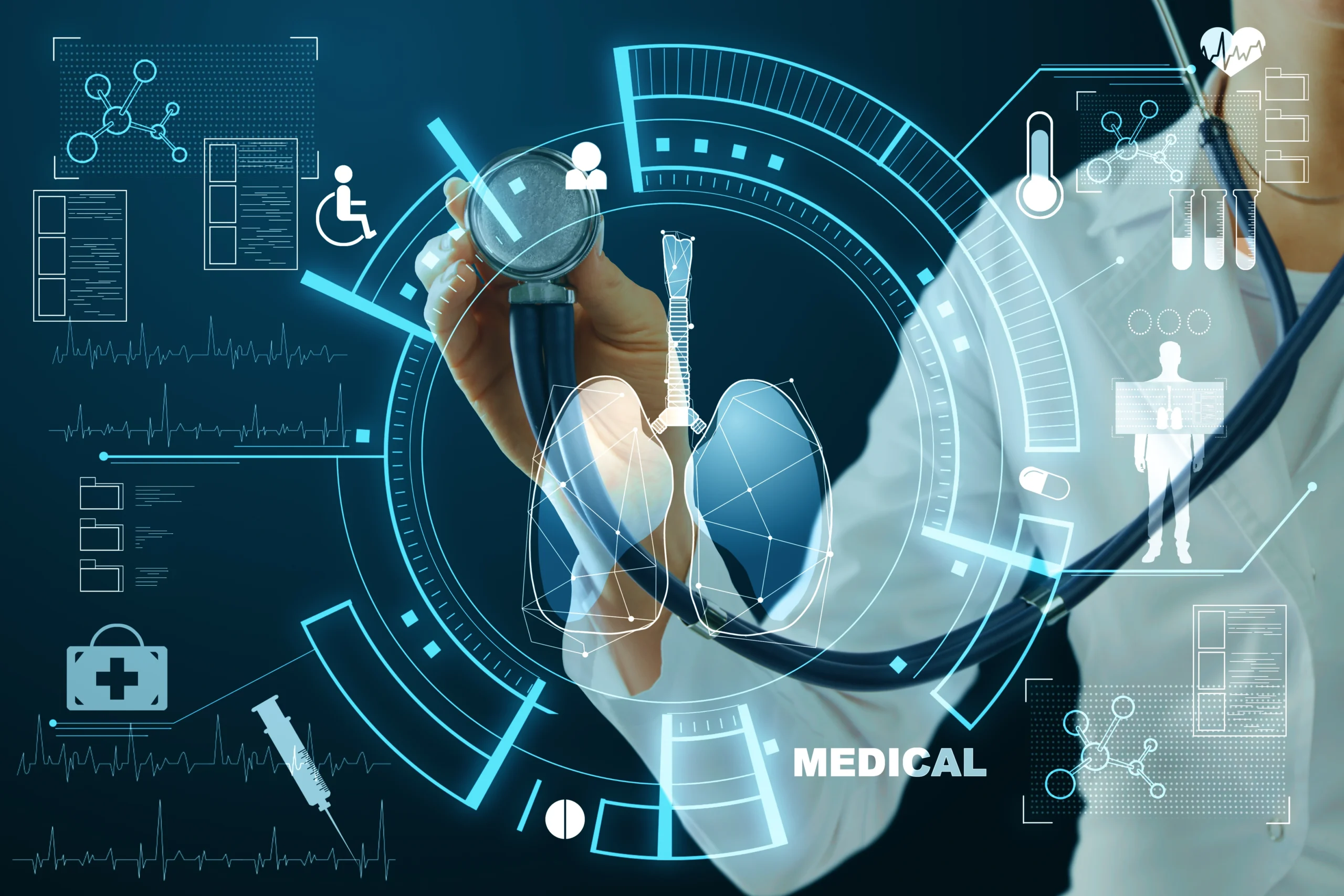A. Brief Look at Healthcare CRMs and its Features
A healthcare CRM system is a centralized hub of patient information that allows healthcare organizations to track and interact with their patients throughout their care journey. These systems integrate data from other sources, including electronic health records [EHR], appointment schedules, billing systems, and other communication channels to provide a comprehensive view of the patient. Contrary to traditional CRM systems, healthcare CRMs are designed specifically for the healthcare industry, ensuring compliance with privacy regulations, such as HIPAA.
Let’s look at the key features of healthcare CRMs that facilitate a patient-centric approach:
- Patient Data Management: CRM systems create a holistic profile of patients, compiling essential data such as medical history, appointment details, communication log, treatment plans, and more.
- Appointment Schedule and Reminders: By centralizing patient information, automating reminders, and enabling self-service options, CRM system successfully streamlines the appointment scheduling process, thus reducing no-show rates.
- Personalized Communication: Healthcare CRM systems offer personalized communication through various channels, such email, SMS, and patient portals.
- Integration with EHR and Other Software: CRM systems seamlessly integrate with EHR and other essential software ensuring all patient information is up-to-date.
- Analytics and Reporting: Healthcare CRM systems offer comprehensive analytical reports on patient satisfaction, treatment outcomes, and overall performance. These insights help medical professionals understand areas of improvement and improve patient care.
B. Benefits of Employing Medical CRM Systems
Employing a medical CRM system transforms the traditional care model in numerous ways. Let’s look at the primary advantages of implementing a CRM system:
- Enhanced Patient Engagement: Patient engagement is fundamental in a patient-centric approach. Through personalized reminders, education content, and follow-up messages, healthcare CRM systems enhance patient engagement.
- Personalized Patient Experience: As CRM systems store updated patient information, medical professionals can provide personalized treatment plans and follow-up care based on preferences and needs. This level of personalization enhances patient loyalty and trust.
- Improve Care Coordination: Care coordination is essential for those with chronic conditions or those who require multidisciplinary care. By centralizing patient data, healthcare professionals have access to update information and can seamlessly collaborate through departments to provide better care.
- Streamline Administrative Tasks: Healthcare CRM systems efficiently streamline mundane administrative tasks like scheduling appointments and billing. With much of the admin tasks automated, healthcare professionals now have the time to focus on patient care. Additionally, automation also reduces the likelihood of errors, leading to more accurate and efficient patient management.
- Data-Driven Decision Making: Reports generated by CRM systems help medical professionals identify trends, understand treatment effectiveness, and make strategic decisions to optimize care delivery.
C. Real-World Applications of Healthcare CRMs
Healthcare CRM systems can drastically improve operational efficiency. Let’s look at how CRM systems improve patient-centric care through real-world applications.
- Out-Patient and In-Patient Management: In a hospital setting, CRM system is classified in two factions, [i] out-patient CRM and [ii] in-patient CRM.
Out-patient CRM system consists of customer care activities of discharged patients. It includes, database management, scheduling upcoming appointments, sending follow-up care instructions, and medication reminders.
In-patient CRM system consists of customer care activities of admitted patients. This includes, providing coordinated care during hospital stays, managing communication between the medical team and patient, addressing concerns, and post discharge follow-up. - Chronic Disease Management: Patients with chronic diseases receive timely medication reminders, recommendation of lifestyle modifications, and regular follow-up consultations.
- Preventive Care Initiatives: Healthcare CRM systems enable organizations to implement preventive care programs by tracking patient demographics and identifying those due for screenings/vaccinations.
- Telehealth and Remote Monitoring: The 2020 pandemic spurred the widespread adoption of telehealth and remote monitoring services in the medical industry. From being niche options to essential components of care delivery, CRMs play an essential role in managing remote patient interactions. They integrate data from telehealth platforms ensuring patient records are up-to-date for future reference. CRMs also support remote monitoring by integrating data from wearable devices.
- Post-Discharge Follow-Up: One of the hurdles in healthcare industry is ensuring seamless post-discharge follow-up. With CRM systems in place, organizations can automate follow-up calls, surveys, and reminders.
D. The Future of Healthcare CRMs and Patient-Centric Approach
The future of healthcare CRMs lie in further personalization and integrating new technologies, like artificial intelligence [AI] and machine learning [ML]. Science Direct research paper from 2020 discussed how AI is revolutionizing the CRM system into AI-CRM. By integrating AI, CRM systems can positively impact customer acquisition, development, and retention processes. AI-CRM through predictive analysis can anticipate potential health risks based on patient data. Such capabilities can be a powerful intervention to preemptive care strategies.
By evaluating behavioral and lifestyle data, AI-CRM models help monitor chronic illnesses, identify risk patterns, and provide personalized care.
Additionally, AI-driven chatbots and virtual assistants will become a norm in CRM systems. These tools will ensure 24/7 support to patients and even facilitate appointment booking, thus enhancing patient satisfaction.
E. Conclusion
Without a doubt, healthcare CRMs are revolutionizing the way we experience and deliver care. By centralizing data, automating administrative tasks, and offering personalized communication, healthcare providers can shift from a provider-centric model to patient-centric approach.
Although challenges exist, the potential of CRM systems to improve efficiency is immense, thus making them indispensable tools for organizations dedicated to offer premium care.







